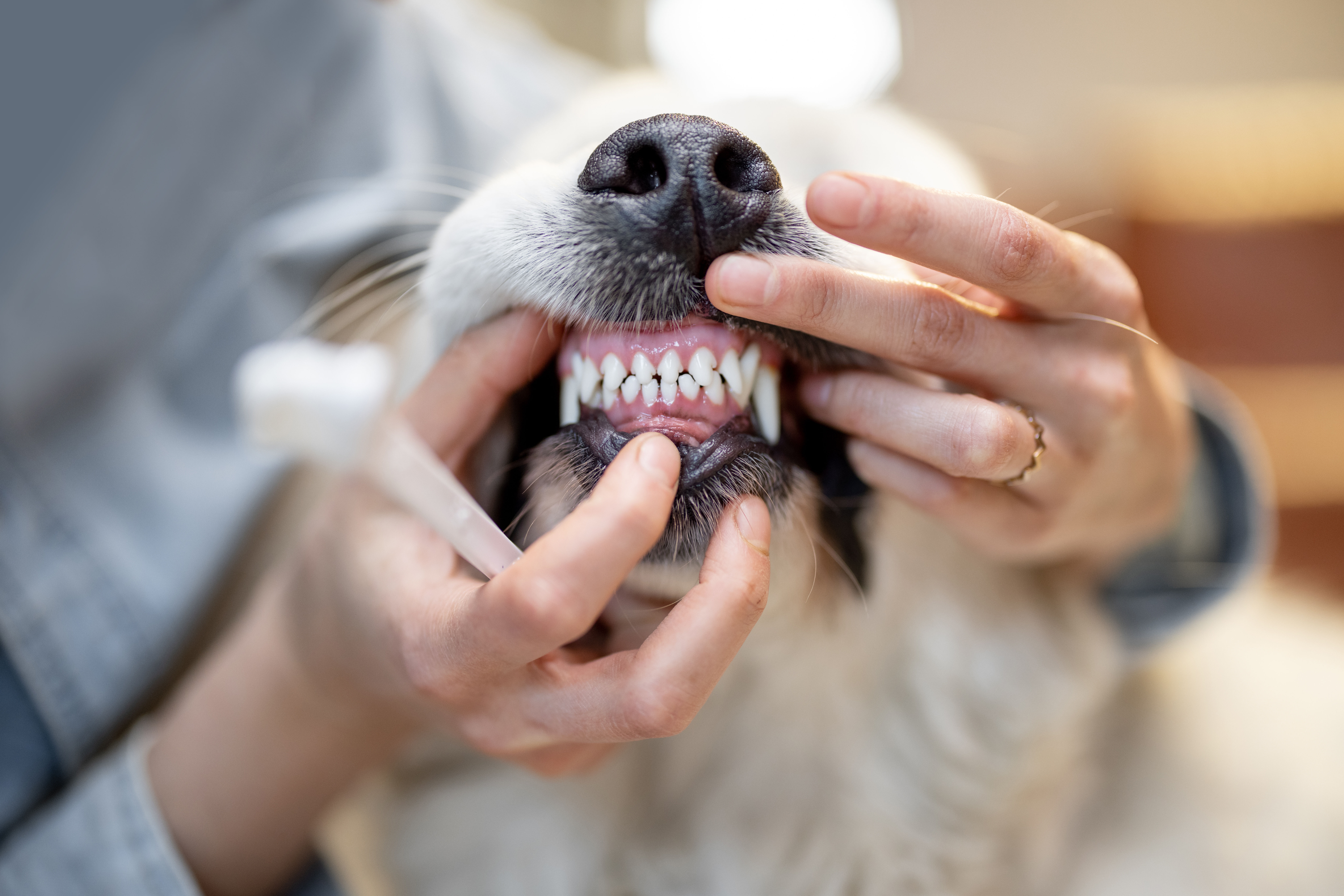This content is provided by Rocky Gorge Animal Hospital.
Heartworm is a serious and potentially fatal disease that affects dogs and cats. April is Heartworm Awareness Month, and it’s a great time to learn about this disease and take steps to protect your pets. In this article, we’ll explore the basics of Heartworm Disease and discuss how to prevent and treat it.
Heartworm Disease is caused by a parasitic worm called Dirofilaria immitis. It is spread through the bites of infected mosquitoes. When a mosquito bites an infected animal, it picks up the immature heartworms and can then transmit them to other animals through subsequent bites. Once inside the host’s body, the heartworm larvae migrate to the heart and lungs, where they grow into adult worms that can reach up to 12 inches in length.
Heartworm Disease can be difficult to detect in its early stages, as symptoms may not be apparent until the disease has progressed. Some common symptoms of Heartworm Disease in dogs include coughing, lethargy, weight loss, and difficulty breathing. Cats may display similar symptoms, as well as vomiting, diarrhea, and sudden death. It’s important to note that some animals may not show any symptoms until the disease has advanced to a dangerous stage.
Prevention is the key when it comes to Heartworm Disease. There are several preventative measures pet owners can take to protect their furry friends, including:
- Regularly administering a heartworm preventative medication, which can be obtained from your veterinarian.
- Minimizing your pet’s exposure to mosquitoes by using insect repellent and keeping your pet indoors during peak mosquito hours.
- Regularly testing your pet for Heartworm Disease, even if they are already on a preventative medication.
- Most of the heartworm preventatives on the market now also treat and prevent many other intestinal parasites which are also on the rise and add and additional benefit to giving heartworm preventatives year-round.
Early detection of Heartworm Disease is so important because the success of treatment is often depending on early diagnosis and treatment. Treatment is complicated and not without side effects. It typically involves several steps, including medication to kill the adult heartworms, as well as antibiotics and anti-inflammatories to treat any infections that may have developed. Treatment is expensive and may require hospitalization for several days or weeks, depending on the severity of the disease.
In conclusion, Heartworm Disease is a serious and potentially fatal disease that can be prevented through regular preventative measures. It’s important to stay vigilant and take steps to protect your pets from this disease. If you suspect that your pet may have Heartworm Disease, contact your veterinarian immediately for prompt treatment.







